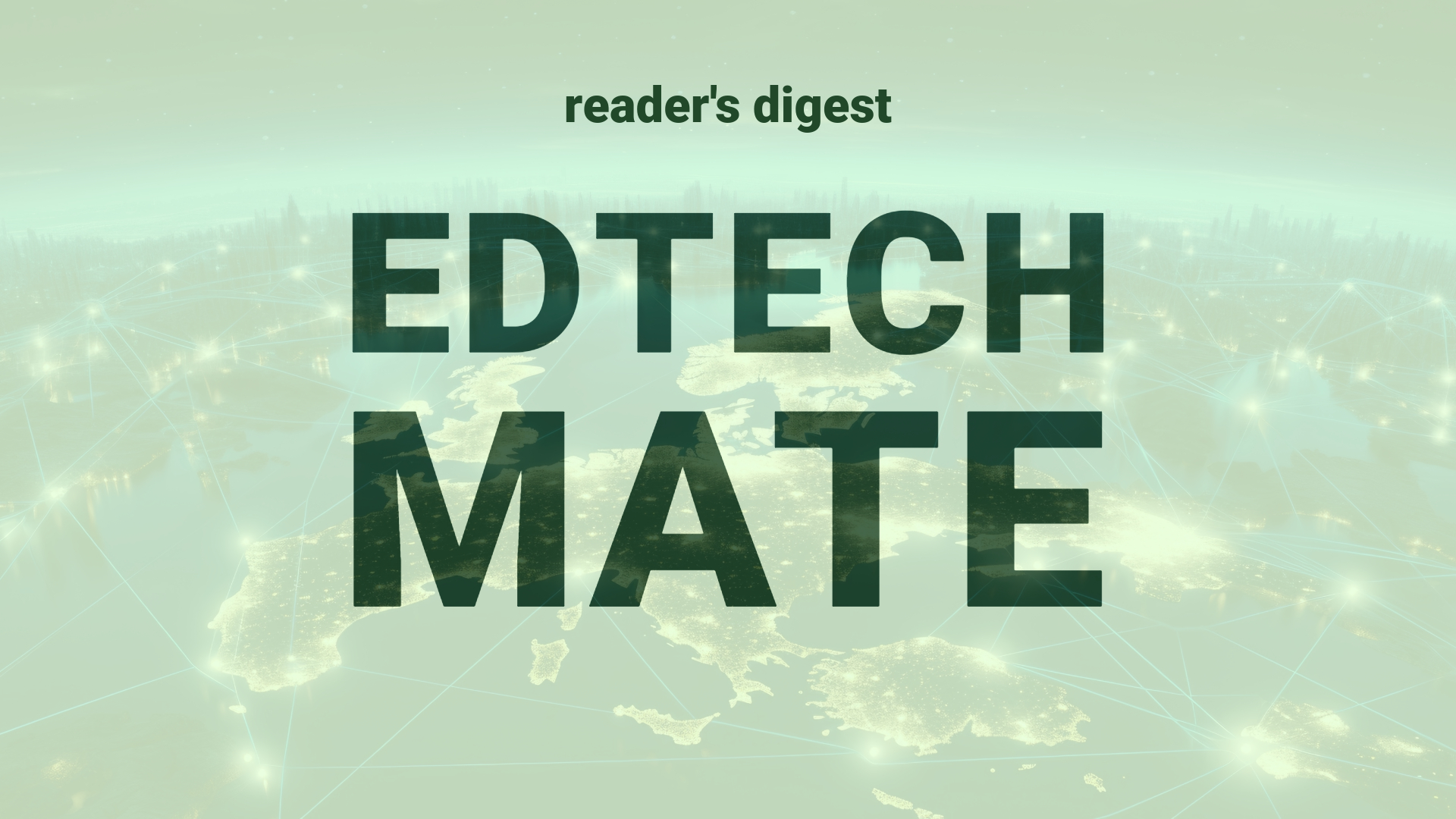Executive Summary and Main Points
Recent advancements at Tableau Conference 2024 have ushered in new AI capabilities within Tableau Pulse and Einstein Copilot for Tableau, emphasizing the democratization of data insights. With features such as personalized, automated insights delivery, “Ask” Q&A, Metrics Bootstrapping, and Metric Goals, Tableau is enhancing its platform to empower business users and novice data analysts. Additionally, the generative AI assistant, Einstein Copilot, allows for natural language interaction to generate visualizations and automate data analysis tasks. These innovations underscore the vital connection between AI strategies and robust data strategies in spearheading a pervasive data culture within organizations.
Potential Impact in the Education Sector
The introduction of these AI-driven capabilities has transformative potential for Further Education, Higher Education, and Micro-credentials. Institutions can leverage personalized insights for curriculum development, student performance tracking, and administrative decision-making. Strategic partnerships could evolve with tech companies, providing campuses with tailored data analysis tools. Furthermore, the surge in digitalization and micro-credential offerings can be optimized using these enhanced data insights, allowing for a more nuanced and responsive educational delivery.
Potential Applicability in the Education Sector
AI and digital tools such as Tableau Pulse and Einstein Copilot can be integrated into global education systems to enable real-time analytics on student engagement, performance, and learning outcomes. AI-assisted data transformation can be utilized for research data analysis or to interpret student feedback. AI-generated data visualizations and natural language processing may support personalized learning experiences, drive adaptive learning technologies, and enable more efficient institutional reporting.
Criticism and Potential Shortfalls
While these AI features promise greater efficiency and accessibility, potential risks include over-reliance on automated insights, leading to a diminishment of critical human analysis skills. Comparative international case studies reveal disparities in technology adoption, which could exacerbate educational inequalities. Ethical and cultural considerations arise as AI navigates diverse datasets, potentially reflecting biases or misinterpreting cultural nuances in global education contexts.
Actionable Recommendations
Education institutions should approach the adoption of these technologies with a balanced strategy, enhancing current projects and planning future initiatives. Leaders in international education should consider training programs for faculty and staff to complement AI tools with human expertise. It is recommended to engage in cross-sector partnerships that propagate ethical AI use, conduct pilot studies to assess the impact on student learning, and develop policies that address cultural sensitivities and data privacy concerns.
Source article: https://www.cio.com/article/2096455/tableau-further-democratizes-analytics-with-ai-fueled-features.html

